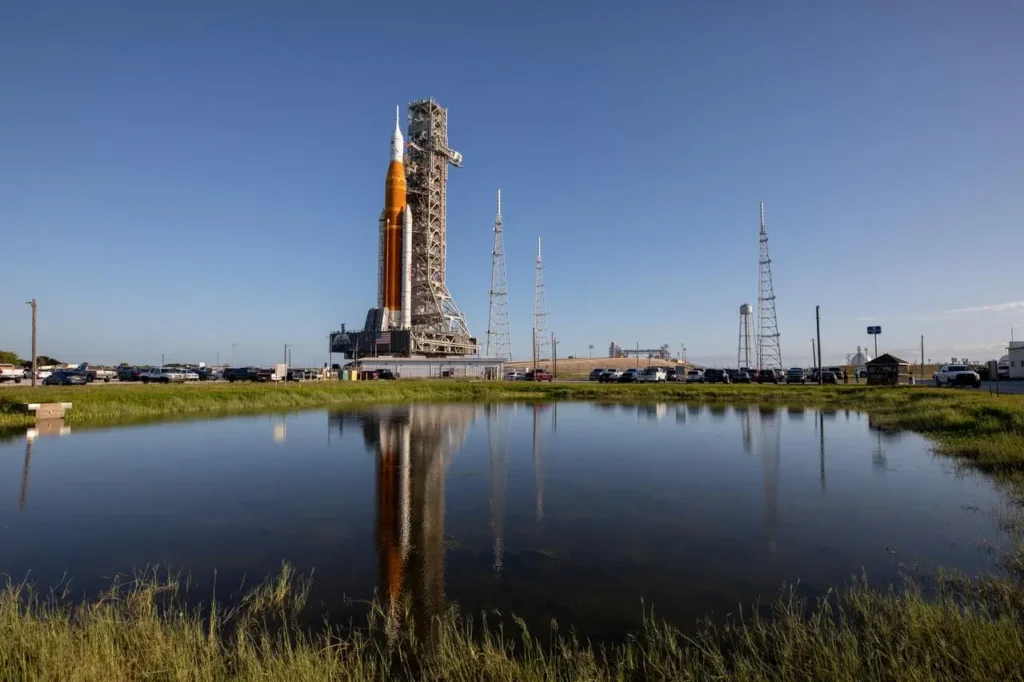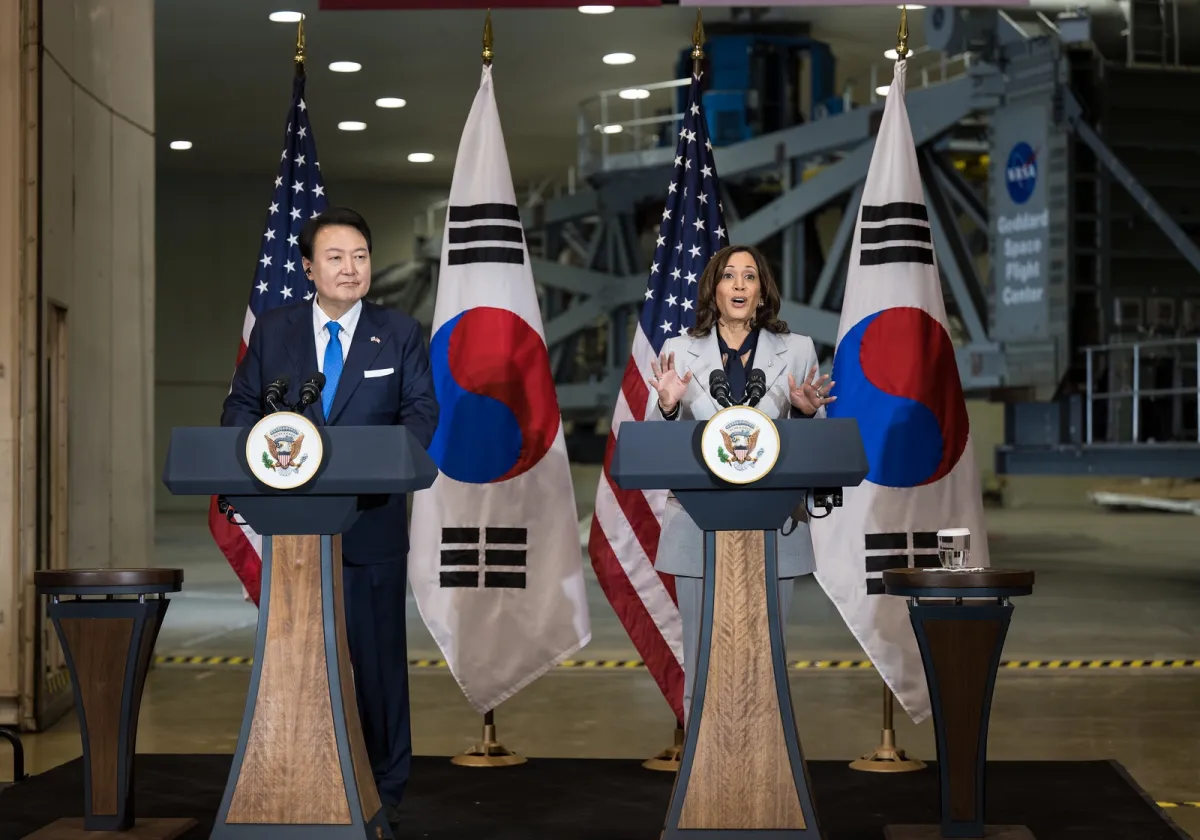
The National Space Council convened recently to delve into discussions on international partnerships in orbit, marking the third meeting under the leadership of Vice President Kamala Harris in the Biden administration. Notably, this meeting followed the council’s proposal to allocate mission authorization responsibilities between the FAA and the Commerce Department after a year-long review.
Throughout the year, space has been a recurring theme in discussions between the Biden administration and foreign leaders. Whether highlighted in joint statements, foreign leaders visiting U.S. space facilities, or American space officials traveling abroad, the emphasis on sharing U.S. space priorities with allies has been evident. Some key moments include:
- In January, the signing of a framework to enhance cooperation with Japan for the peaceful exploration of space, including lunar endeavors.
- April saw a joint statement of intent with South Korea to bolster space cooperation in communication, exploration, lunar research, and planetary science, coinciding with South Korean President Yoon Suk Yeol’s state visit to Washington, D.C.
- An agreement with Australia in May, involving the sharing of sensitive launch technology and data, along with a commitment to constructing a new ground station in Australia to support the Artemis missions to the Moon.
- Bilateral space cooperation with the Philippines took shape after a May meeting in D.C., covering areas such as Space Situational Awareness (SSA), maritime domain awareness, pollution monitoring, and image sharing.
- In July, the establishment of a “new space dialogue” between the U.S. and Italy aimed at boosting industrial cooperation, with a specific focus on a partnership related to commercial space stations.
One of the significant international space agreements emerged during Indian Prime Minister Narendra Modi’s visit to the White House in June. A joint statement laid the foundation for increased cooperation on various orbital priorities, including the training of Indian astronauts in Houston and a joint mission to the International Space Station (ISS) scheduled for the next year. NASA chief Bill Nelson further reinforced this commitment during his visit to India last month, indicating that the space agency could assist in the construction of an Indian space station.
The year concluded with a notable achievement—the Artemis Accords, a U.S.-led set of guidelines designed to enhance cooperation on the responsible use of space. The Accords garnered over 30 signatories, with eight countries, including the Czech Republic, Spain, India, Germany, Iceland, the Netherlands, Bulgaria, and Angola, joining in 2023.




